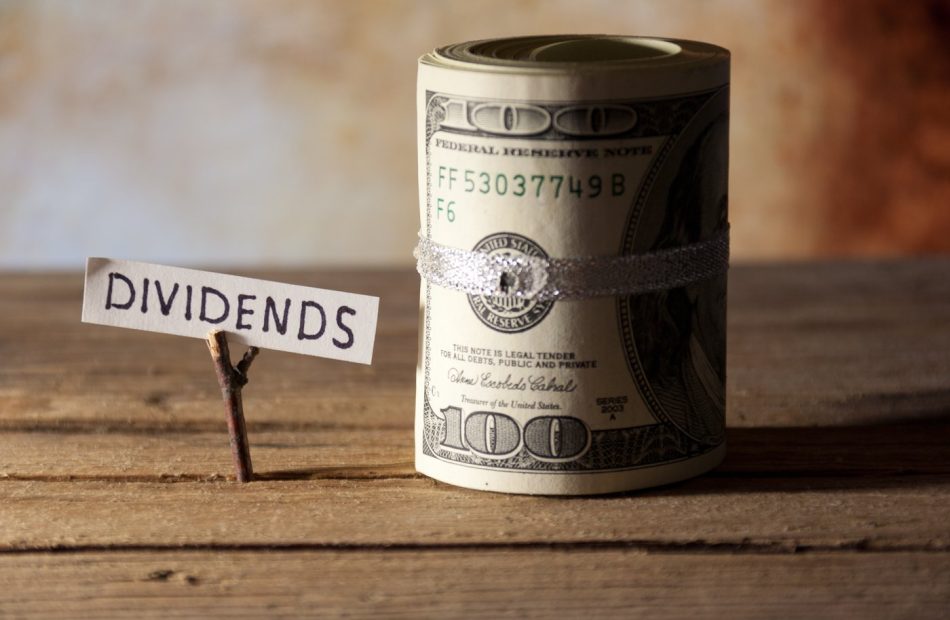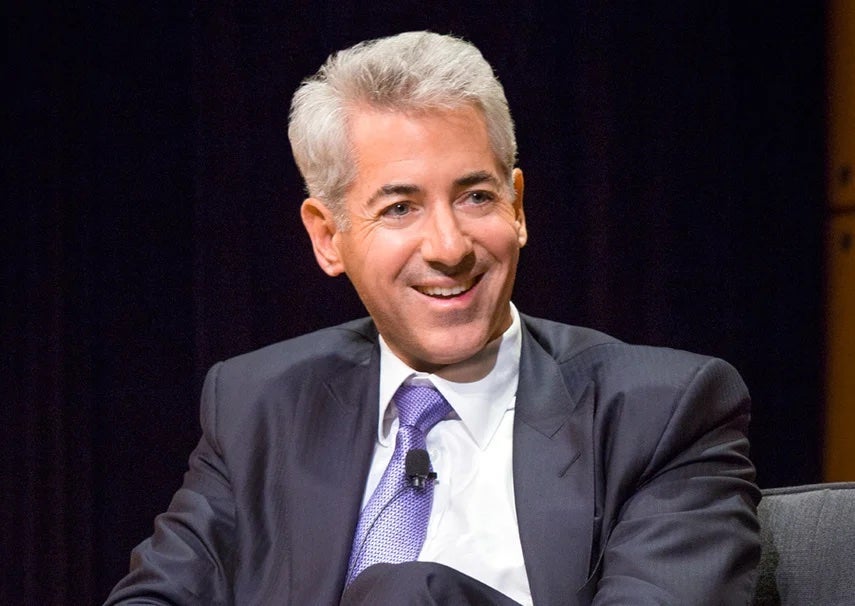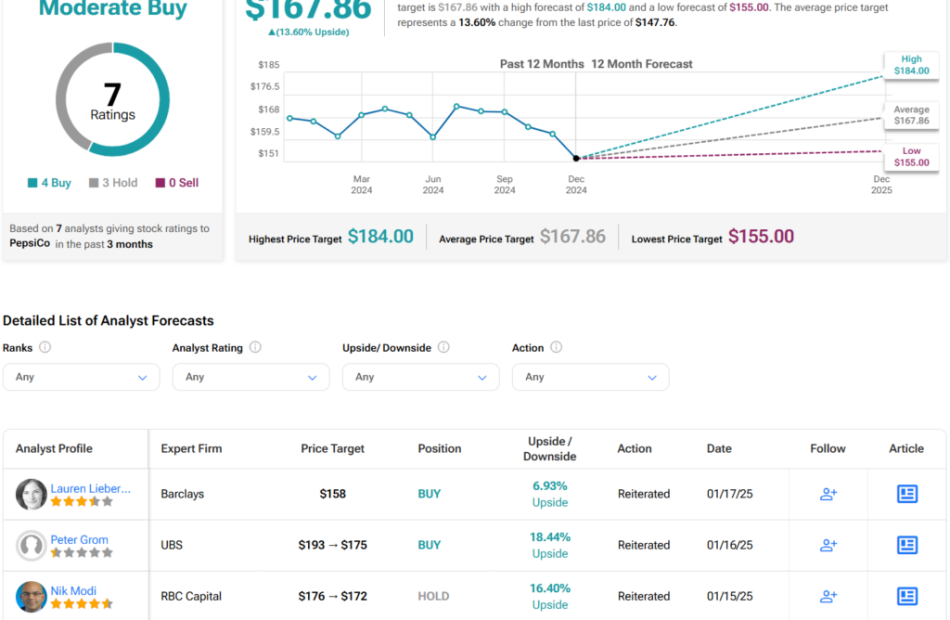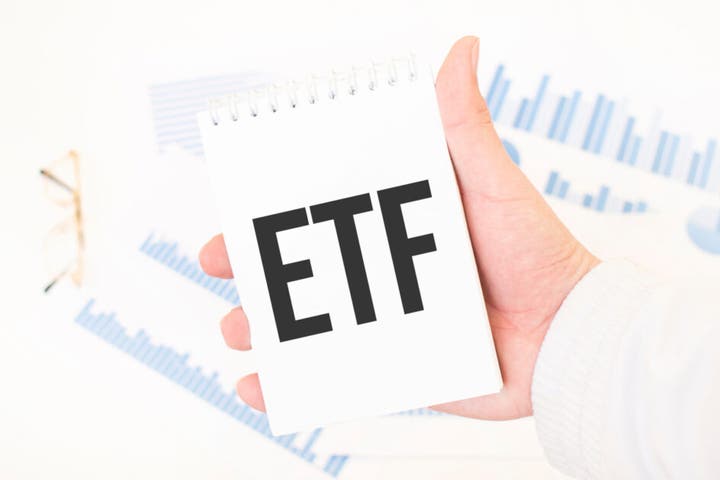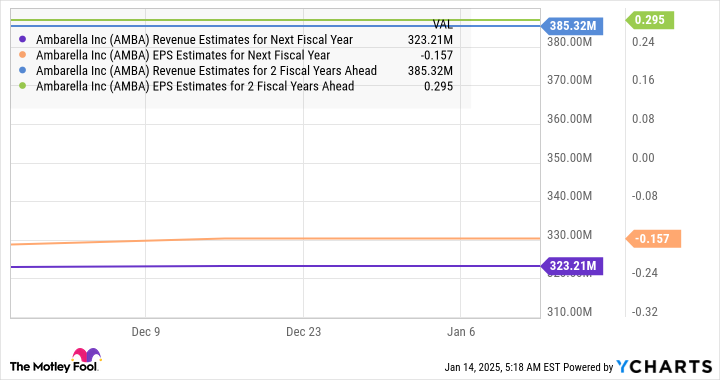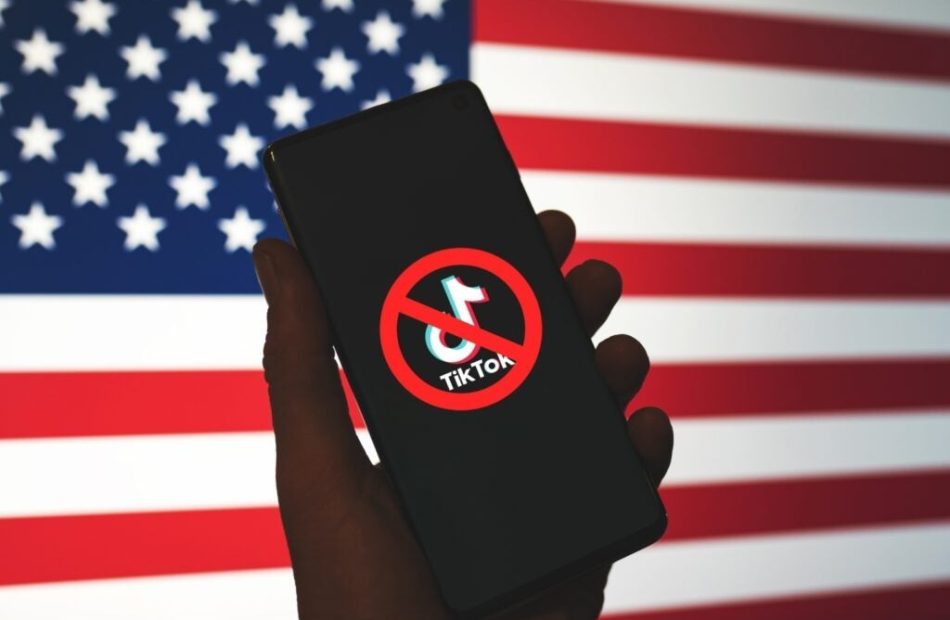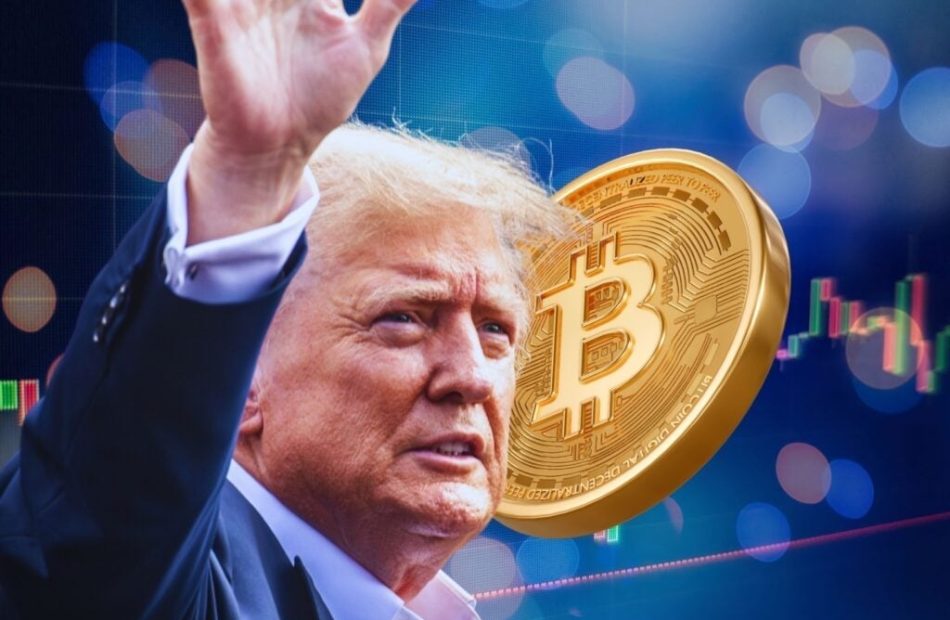Closing the door on the old and ringing in the new year is a great time for reflection, and as an avid investor, my first stop is usually my portfolio. One area I like to review is what stocks have emerged as my largest holdings and how they came to dominate my portfolio, as this can provide keen insight for the future.
Here’s a look at my five largest holdings heading into 2025 (as of market close on Jan. 13) and an important investing takeaway from each one.
Fishing, like investing, is rife with tales of “the one that got away.” Despite intentions to buy an intriguing stock, life gets in the way, and some development sends the stock soaring, notching gains of 100%, 500%, or even 1,000%. For me, Nvidia (NASDAQ: NVDA) was the whopper that got away.
I owned shares of the graphics processing unit (GPU) pioneer early in my investing career but sold them for tax-loss harvesting in 2010. I always intended to buy back into the company, but the stock was underwater for much of the next five years, so I had time. Then, the stock tripled in 2016, taking the wind out of my sails.
However, by early 2018, I became intrigued again. Nvidia commanded a 70% share of the discrete desktop GPU market, experienced strong demand for cryptocurrency mining, and was making inroads in the self-driving car market. It was clear that CEO Jensen Huang had a knack for anticipating the next big thing and was adept at positioning Nvidia for success.
After much research and even more soul searching — and despite gains of more than 600% in just over two years and a pricey valuation — I decided to buy Nvidia. I also added to my position numerous times in the ensuing years. Nvidia quickly became the gold standard when generative artificial intelligence (AI) went viral in early 2023, and my research — and conviction — paid off.
Since that purchase in late March 2018, Nvidia has soared 2,200%, and the stock is now my largest holding, amounting to roughly 12% of my portfolio. Simply put, it’s never too late to buy into an industry-leading company with a long track record of innovation — even if the stock has gotten away from you.
At the time, streaming was still in its infancy, but Netflix dominated the DVD-by-mail space, and I was intrigued by its early, consistent market penetration and accelerating expansion. Since then, Netflix has become the undisputed king of streaming, with 283 million subscribers worldwide. The initial shares I purchased in 2007 have soared 34,540% and Netflix is my second-largest holding at 12% of my portfolio.
Gains of that magnitude only happened because I held the stock relentlessly, which is much more difficult than it sounds. Some shareholders bailed after the “Qwikster” fiasco of 2011, others lost confidence when Netflix lost 1.2 million subscribers in mid-2022, and still others balked at Netflix’s foray into advertising. I held the stock through all those challenges and more.
The company tested investors’ mettle many times over the years, but for those who recognized that the investing thesis hadn’t changed and stayed the course, the rewards have been life-changing.
You’d be excused if you’ve never heard of MercadoLibre (NASDAQ: MELI), as it isn’t a household name in the U.S. However, from humble beginnings as an online auction platform, it has become the leading technology company in Latin America, providing digital retail and payment services to 18 countries in the region. MercadoLibre provides logistics and shipping services, cross-docking and warehousing, online payments, digital wallets, consumer and merchant financing, and more.
Some investors have avoided the stock thanks to the inherent risks in the region, which include political instability, economic upheaval, and hyperinflation, among others. For example, Argentina, MercadoLibre’s home country and one of its largest markets, had an inflation rate that soared 166% year over year in November, and that’s just one of the challenges.
Yet those risks mask a sizable opportunity. While it’s several years behind the U.S. in terms of penetration, its online retail and digital payments adoption rates are among the world’s fastest-growing, with a population that’s nearly twice that of the U.S. MercadoLibre takes a cut of each transaction hosted on its website, which insulates the company from much of the risk. During the first nine months of 2024, MercadoLibre’s revenue grew 38% year over year, driving net income up 55%.
Understanding the level of risk and the magnitude of the opportunity, I made the educated decision to buy this “risky” stock, a decision that has been extremely profitable. A modest initial investment in 2009 has grown by 7,900%. Combine that with several subsequent investments, and MercadoLibre accounts for roughly 8% of my portfolio.
This helps illustrate how education can help minimize risk.
Despite numerous challengers over the past couple of years, Apple (NASDAQ: AAPL) remains the world’s most valuable company and one of history’s most successful. When the stock surpassed a $1 trillion market cap in 2018 — and numerous times since then — some investors believed that the company had reached its apex and there was very little upside from there.
Furthermore, the iPhone is responsible for more than half of Apple’s revenue, but as global smartphone penetration has crept higher, sales have begun to slow. Add to that the uncertain economy, and it’s easy to understand some investors’ misgivings.
Yet recent years have illustrated the resilience of Apple’s services segment, which generated growth in each of the past four years despite the worst economic downturn in decades. The segment brought in revenue of $96 billion in fiscal 2024 (ended Sept. 30), more than 77% of the companies in the Fortune 500. Furthermore, even as iPhone sales slipped, Apple continued to top the global smartphone market, with the world’s three top-selling models and four of the top 10, according to Counterpoint Research.
Selling a stock too soon can be a costly investing mistake, as it certainly would have been with Apple. Since it became a charter member of the $1 trillion club in 2018, the stock has returned 350%, more than three times the 106% return of the S&P 500. Furthermore, since my first purchase in 2008, Apple’s stock price has surged 4,120% to become my fourth-largest position, at roughly 8% of my portfolio.
I’m convinced there’s more to come.
Every once in a while, I find myself looking at a stock that has plunged, thinking, “That can’t be right.” Such was the case with The Trade Desk (NASDAQ: TTD) in early 2020. It had long been among my highest-conviction stocks — one I had been adding to for several years. The company was a digital advertising powerhouse and continued to gain market share, growing faster then the industry.
Imagine my surprise when — during a four-week period between Feb. 19 and March 18, 2020 — the stock lost 54% of its value. This wasn’t due to any operational failure, malfeasance, or financial impropriety on The Trade Desk’s part, but rather marked the start of the global pandemic. However, I had followed the company for years and was quite sure this was an overreaction on the part of investors.
After checking to be sure nothing else had changed, I put my money where my mouth was and doubled my position in The Trade Desk. My logic was simple. The need for advertising wasn’t going anywhere and the company had a demonstrated track record of using sophisticated algorithms to automate the ad-buying process, ensuring the right ads reached their target market. Furthermore, the stock was selling for half what it was just a month earlier, but the investing thesis hadn’t changed.
Since then, the stock has gained 717%, despite enduring the worst economic downturn in decades. Furthermore, since I first purchased The Trade Desk stock in March 2018, the stock has soared 2,349%. As a result, The Trade Desk is my fifth-largest holding heading into 2025, representing 7% of my portfolio.
The lesson here is a simple one. If the thesis hasn’t changed, and a great company is selling at a discount, don’t be afraid to buy on the dip.
If there’s one overriding lesson that pervades this list, it’s the compounding power of long-term buy and hold investing. Each of these stocks has been a staple in my portfolio for years. Nvidia and The Trade Desk are the most recent additions among the top five at nearly seven years, while I’ve owned Netflix shares for more than 17 years. There have been numerous instances when these stocks have lost between 25% and 50% of their value, but I resisted the common practice of jumping into and out of stocks, trying to time the peaks and valleys of the broader market.
Doing nothing is one of the biggest keys to investing success.
Ever feel like you missed the boat in buying the most successful stocks? Then you’ll want to hear this.
On rare occasions, our expert team of analysts issues a “Double Down” stock recommendation for companies that they think are about to pop. If you’re worried you’ve already missed your chance to invest, now is the best time to buy before it’s too late. And the numbers speak for themselves:
-
Nvidia: if you invested $1,000 when we doubled down in 2009, you’d have $357,084!*
-
Apple: if you invested $1,000 when we doubled down in 2008, you’d have $43,554!*
-
Netflix: if you invested $1,000 when we doubled down in 2004, you’d have $462,766!*
Right now, we’re issuing “Double Down” alerts for three incredible companies, and there may not be another chance like this anytime soon.
See 3 “Double Down” stocks »
*Stock Advisor returns as of January 13, 2025
Danny Vena has positions in Apple, MercadoLibre, Netflix, Nvidia, and The Trade Desk. The Motley Fool has positions in and recommends Apple, MercadoLibre, Netflix, Nvidia, and The Trade Desk. The Motley Fool has a disclosure policy.
My 5 Largest Portfolio Holdings Heading Into 2025 — and the Important Investing Lesson I Learned From Each One was originally published by The Motley Fool


